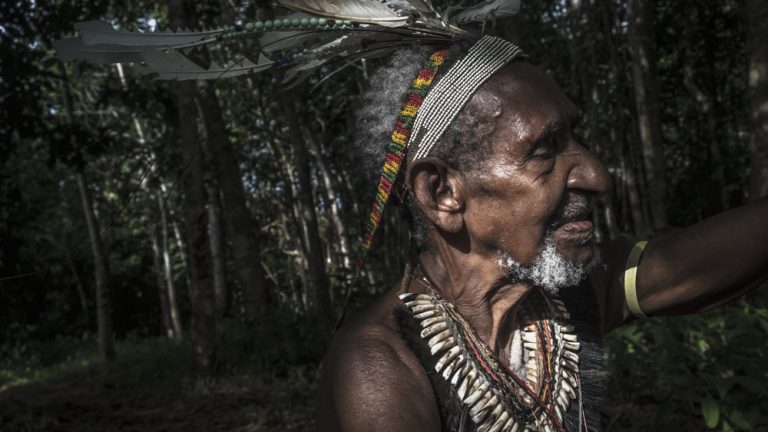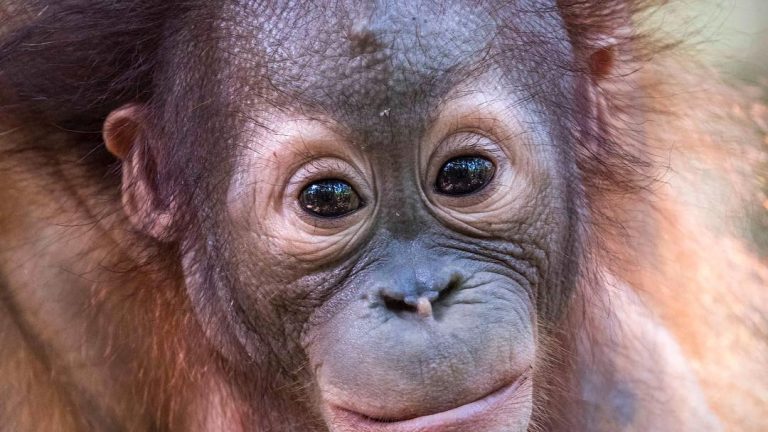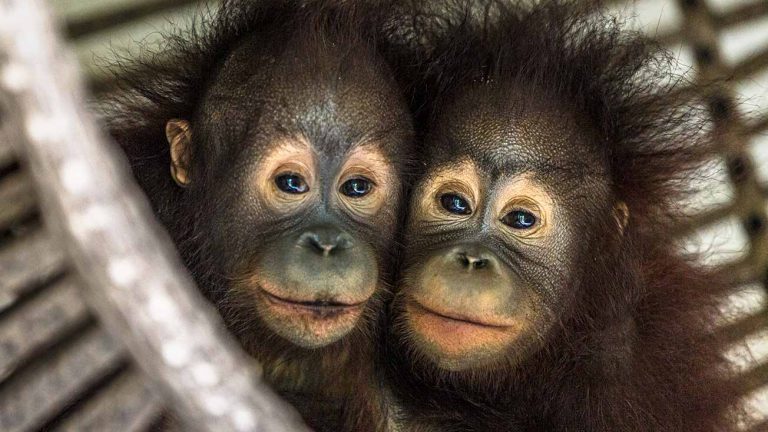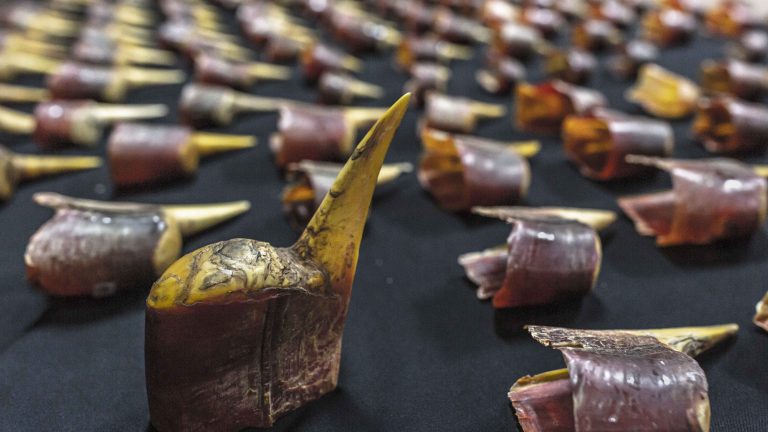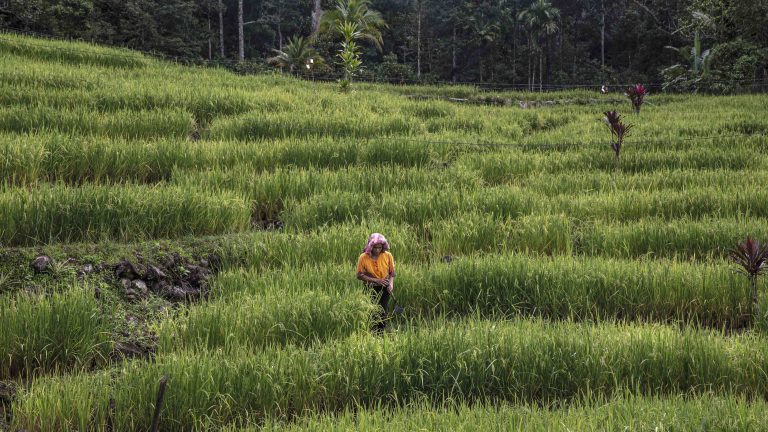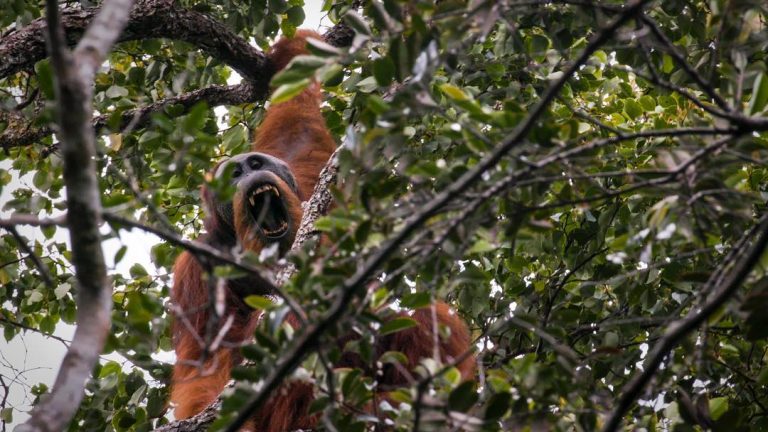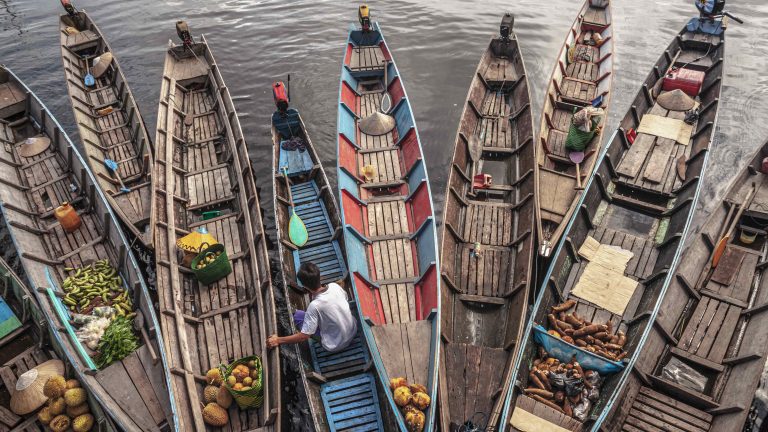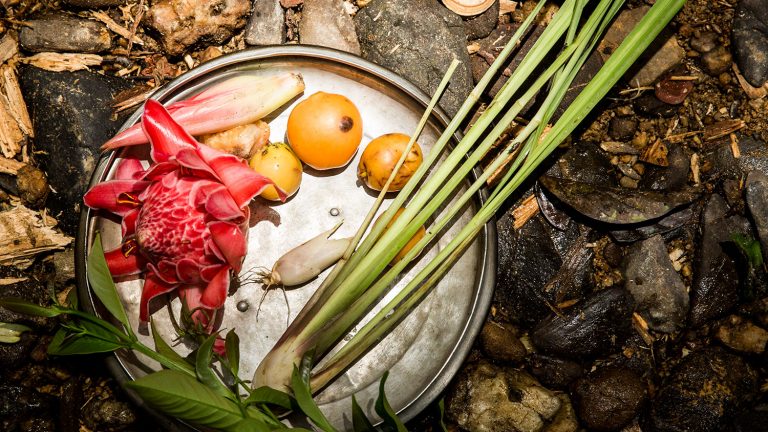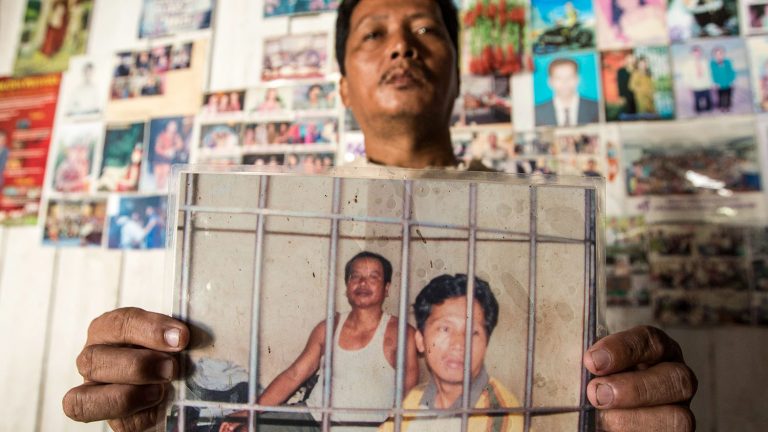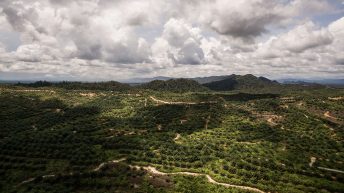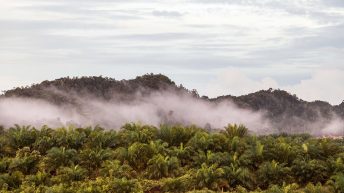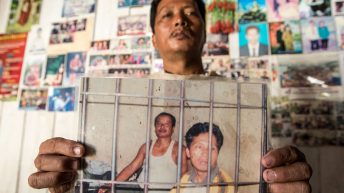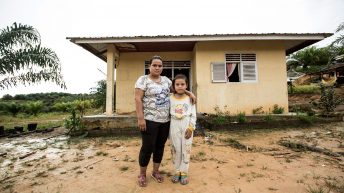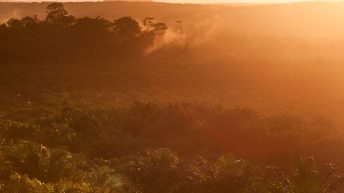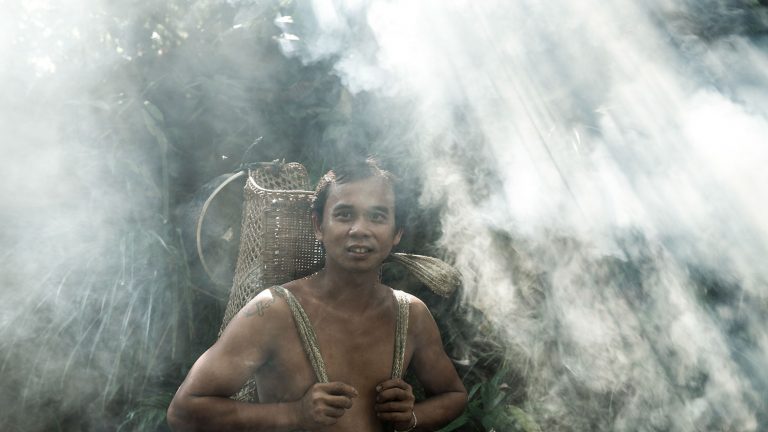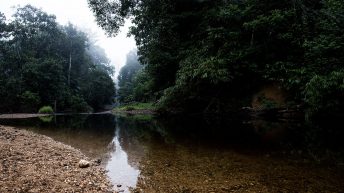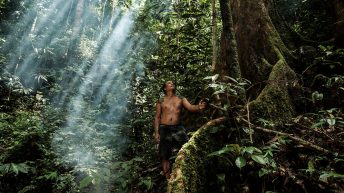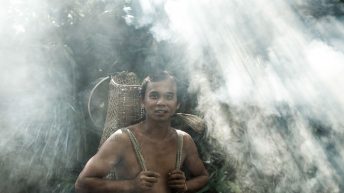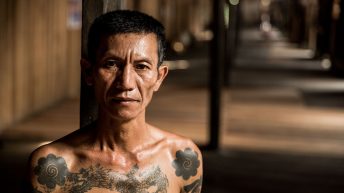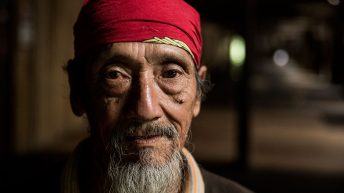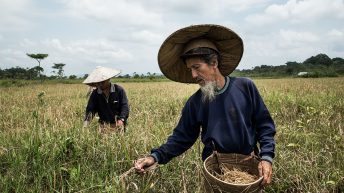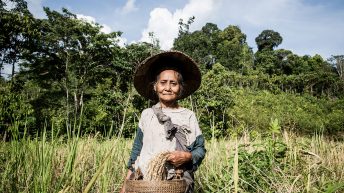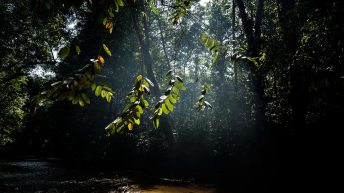West Papua is home to Asia’s largest remaining rainforests, indigenous communities and unique species. But this exclusive 101 East investigation reveals how Korean-run companies are allegedly engaging in questionable deals as they buy up forests to develop palm oil plantations. Featuring rare access to a restive Indonesian province usually off-limits to journalists, we meet tribesmen who allege that Posco International and Korindo are plundering their land for a pittance. Both companies deny all allegations including fraud and human rights abuses. Selling Out West Papua was produced in collaboration with Mongabay, The Gecko Project and the Korea Centre for Investigative Journalism.
Tag - forest
A film for Jejak Pulang Foundation/BALITEK/BKSDA-KALTIM
Wie sich eine deutsche Affenforscherin für verwaiste Orang-Utan-Babys einsetzt Die Rodung des Regenwaldes auf der Insel Borneo hat weitreichende Folgen – vor allem für die dort lebenden Menschenaffen. Viele Muttertiere werden getötet. Zurück bleiben ihre hilflosen Babys. In der “Waldschule” von Signe Preuschoft werden die kleinen Orang-Utans aufgefangen und großgezogen. stern TV durfte einen exklusiven Einblick in das Projekt nehmen.
The helmeted hornbill is one of 57 hornbill species in Africa and Asia. It’s found only in the lowland forests of Brunei, Indonesia, Malaysia, Myanmar, and southern Thailand. The helmeted hornbill stands apart from the other hornbills because its casque—the horny helmet above its beak—is mostly solid with a thick layer of keratin. But that unique trait might also be the birds’ undoing. Softer than ivory and easily carved, hornbill casques are in high demand in Asia, to be fashioned into beads, pendants, and intricate works of art. Illegal poaching has caused this bird to be on the critically endangered list.
More than 130,000 Batak people that live adjacent to the Batang Toru Ecosystem have depended on the waters from these forests for many generations. Recently a massive new threat has surfaced, namely plans for a new hydro-electric dam scheme. Although sounding ‘green’ it would be the biggest disaster to the Batang Toru Ecosystem. This hydro dam has been planned in the richest area of the Batang Toru Ecosystem, in a beautiful primary forest gorge area that has the highest densities of the last remaining Tapanuli orangutans.
For more details please visit: http://www.batangtoru.org
The Harangan Tapanuli or Batang Toru Ecosystem is the last habitat for the newly described, critically endangered Tapanuli Orangutan, the rarest great ape in the world. The Tapanuli Orangutan with the scientific name ‘Pongo tapanuliensis’ population is estimate less than 800 individuals remain in the wild and only lives in the the rugged terrain of the Batang Toru Ecosystem in the three Tapanuli districts of North Sumatra.
Forests, trees and agroforestry play important roles in food security and nutrition. They can play an important role in making our global food system more sustainable and more environmentally friendly while making an important contribution to healthy diets.
A film for CIFOR, more details visit www.cifor.org
Million of people depend on the forests and trees outside forest for their food security and nutrition. Foods from forest are contribute to food security because they are relatively inexpensive and often function as safety nets during food insecure seasons such as drought or excessive rain. In order for foods from forest to effectively contribute to food security, there are some issues to consider, including climate change, gender disparities within gathering and collection, improving access and promoting of sustainable foods from forest.
Jail is the reward for Momonus and Jamaludin to defend their ancestral lands. For 12 years already these Semunying indigenous territories have been controlled by P.T. In Ledo Lestari. Their dense forest had been turned into a palm oil plantation landscape. Although they have been persecuted and abused in their ancestral land, their fight is not extinguished.
Subtitles available in 4 languages. Visit: http://ifnotusthenwho.me/
The indigenous people of Sungai Utik, a Dayak Iban community in West Kalimantan, Indonesia, have maintained a strong traditional connection to their forests despite continuous pressure from logging and palm oil companies intent on taking their land. Their forests remain intact and their traditional values are keeping their community together. If we want to keep forests and maintain food security we need to trust and support communities like the indigenous Dayak Iban. As they tackle the impacts of climate change, through the sustainable forestry traditional both to their culture and to their understanding of nature, they can offer us climate solutions and hope for the future.


